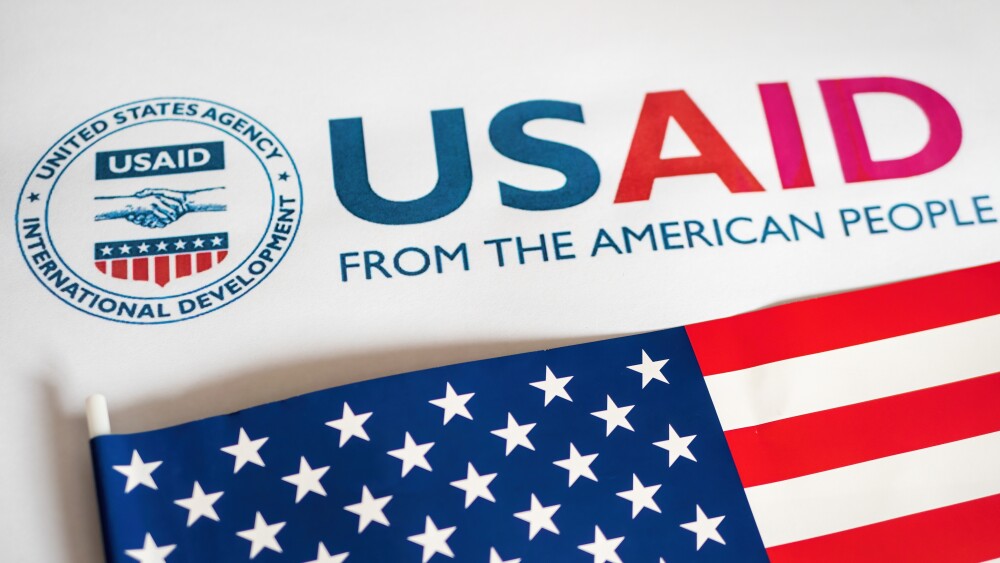My Twitter (X) feed began to buzz with news of President Donald J. Trump’s 90-day suspension of the United States Agency for International Development (USAID).
In essence, the donor’s wallet had been closed, and Ghana had to pay its own bills. The sentiments were mixed. Was this good for Ghana and Africa as a whole? Or was this a call for independence and sovereignty?
It is expected that this move by the President of the United States will have significant economic repercussions for Africa generally and Ghana specifically.
USAID has been a critical partner in Ghana’s development for decades, providing substantial funding across various sectors.
In 2024 alone, USAID provided Ghana with approximately $150 million in bilateral development assistance.
The agency also launched a five-year partnership with the Ghana Health Service in 2024, committing $18.8 million to enhance health service delivery. With this suspension, an abrupt shortfall in much-needed resources is unavoidable.
USAID has invested over $300 million in Ghana’s health sector since 2018, targeting malaria, maternal health, and HIV/AIDS programs. Without the inflow of these funds, disease control may face a huge setback, and mortality rates may increase.
Millions of Ghanaians, especially smallholder farmers, have benefited from USAID’s Feed the Future program. With the suspension of this program, productivity in agriculture, which accounts for about 20% of Ghana’s GDP, may decline.
The withdrawal might also send negative signals to investors, raising concerns about Ghana’s stability and attractiveness for foreign direct investment (FDI). Ghana received $2.6 billion in FDI in 2021, declined to $1.47 billion in 2022, and slipped lower to a record low of $650 million in 2023. Uncertainty in donor support could worsen the situation and make international investors more reluctant.
But should Ghana be bothered?
In May 2019, former President Akuffo-Addo launched a massive campaign with the bold tagline: “Ghana Beyond Aid.” This, as usual, was met with both optimism and skepticism. The optimists believed this was a genuine national development prospect, while some skeptics saw it as political rhetoric designed to win over the Ghanaian electorate.
Whatever the case, we could be closer to independence than we think. The suspension could push Ghana to develop alternative revenue streams, such as increasing domestic tax collection, improving local industries, and attracting more private investment, as outlined in the Ghana Beyond Aid charter.
Ghana may turn more toward African-based funding mechanisms and regional partnerships, such as the African Continental Free Trade Area (AfCFTA), which would promote intra-African trade and reduce dependency on Western aid. With access to the over 1.3 billion-person market, businesses could scale up production and exports and reduce dependence on U.S. assistance.
The suspension of USAID will create some short-term economic pressures, especially in health, education, and agriculture. However, it also presents a strategic opportunity to accelerate the Ghana Beyond Aid agenda. Whether we emerge stronger or struggle depends on how our government and the private sector adapt to this change.
DISCLAIMER: The Views, Comments, Opinions, Contributions and Statements made by Readers and Contributors on this platform do not necessarily represent the views or policy of Multimedia Group Limited.
